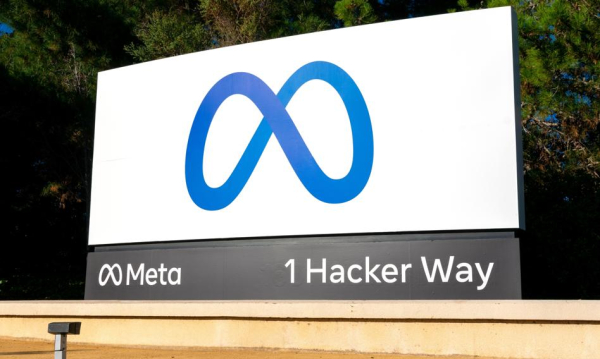The giant led by Mark Zuckerberg has not had much luck in the AI industry lately. The latest model of Meta, in which the company had placed great hopes, Llama 4, scored poorly in independent tests of inference and coding, and critics did not like it, and the company itself is lagging behind OpenAI, Google and even China’s DeepSeek. It looks like the former “TheFacebook”, in order to catch up with its rivals, will simply have to buy technology.

While OpenAI, Google, Anthropic, and especially China’s DeepSeek (which creates models at a fraction of the price of its competitors) time and again present new “generations” of their LLMs and boast about their results in industry benchmarks, Meta’s products seem to be standing still, despite huge investments.
The company’s own frustration seems to be so great that recently its vice president, Joelle Pineau, who was responsible for artificial intelligence research and development, said goodbye to Meta.
See alsoHow artificial intelligence will affect the work of accountants
Who Can Help? Money, Startup, and Employee Stealing
As reported by the “FT”, Meta is planning major purchases that could change the balance of power. Mark Zuckerberg is targeting the start-up Scale AI, and there are $15 billion on the table, for which the giant can acquire 49% of the shares, as well as acquire the best talents, including primarily the co-founder – 28-year-old Alexander Wang and his best researchers, whose new task would be to create a “superintelligence” laboratory.
All this, of course, in the hope that the new team with appropriate financial support will be able to compete with OpenAI and its ChatGPT or Google products.
What does Scale AI do? In short, it teaches AI how to learn, which means preparing training data for AI systems. The company creates and organizes huge data sets (e.g., images, text, sensory data), which are then used to train AI models, including OpenAI and Anthropic models. In short: without companies like Scale AI, large models would have nothing to learn from.
The fight for AI continues
The competition, however, is not sleeping. Last year, Microsoft paid over $600 million to hire Inflection CEO Mustafa Suleyman and his top employees, and to license the startup’s technology. Google, in turn, spent nearly $3 billion on a similar agreement with Character AI. OpenAI, backed by Microsoft, is currently finalizing another round of investment that is expected to value the company at up to $80 billion. Anthropic is similar, with billions flowing from Amazon and Google.
One thing is clear: whoever does not invest billions in AI talent and infrastructure today risks technological exclusion. The only question is whether $15 billion and a team of young talents will be enough to make up for the losses to the leaders of the race.
AO.